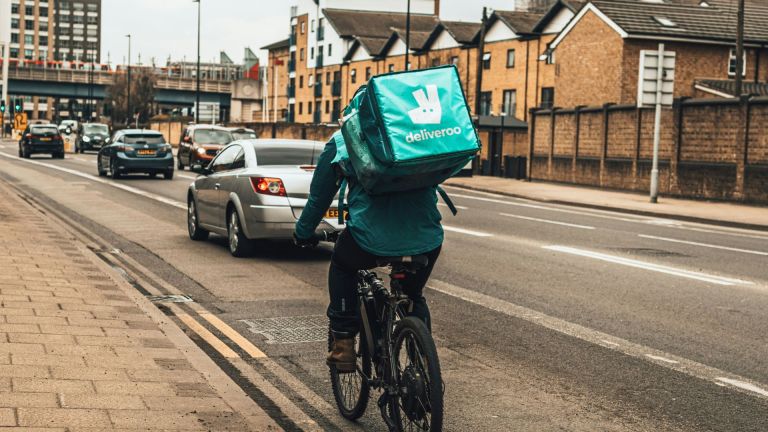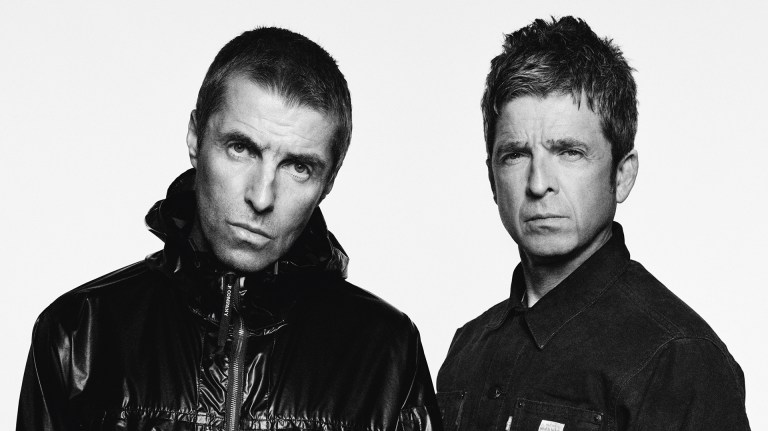One scene was a tickertape parade to welcome the Apollo 11 astronauts back from the moon. Records show that New York during that August had an average temperature just over 27 degrees Celsius. Glasgow, and much of Britain, meets that, and beats it. Which is great for realism. But it’s not so normal for over here. There is a cost to the sun.
Many people don’t like the extreme heat we’ve been having. Our vendors find it difficult. Customers are less likely to stop and chat when the mercury rises.
If you’re working outside, it is draining. If you’re returning to the office as restrictions ease, aircon machines will go into overdrive. And those things hammer the environment. In 2019 it was estimated that were over a billion single-room air conditioning units in the world.
The International Energy Association calculates that as the rest of the world catches up to the US and their aircon dependency, about 13 per cent of the world’s energy will be used to drive those units. According to a recent Guardian report, that will kick out about two billion tones of CO2. That’s about the same as all of India produces now. This will make things hotter. And as things get hotter, people will reach for more aircon units. Clearly, this is unsustainable.
The only thing that slowed down an overheating planet was Covid. As we locked down, the CO2 levels dipped. In 2020, they dropped globally by 6.4 per cent. But that started to rise quickly as cities unlocked and productivity raised.
The impacts of climate change are so clear that denying them is now some kind of performative joke.
The US and Canada cooked under a heatwave in June that saw temperatures get close to 50 degrees Celsius. Dozens of people died. Inevitable forest fires followed. Rainfall in the middle of Europe washed away towns in the blink of an eye. In China, footage emerged of rain so heavy in Zhengzhou that cars were left bobbing along streets like corks in a bath.
Zhengzhou is nicknamed iPhone city. It is a manufacturing hub for Apple. Several years ago its main factory site produced 500,000 iPhones a day. What a terrible irony for the people who live there that our rapacious global demand for new technology should be met at its hub with such a primal response.
We have to stop debates now over the truth or untruth of global climate change. In November another big expensive production rolls into Glasgow. COP26 won’t have Indiana Jones, but it will mark a moment of the most incredible drama and importance. Leaders must come away from it with answers and proposals for now, not nice words and promises for targets to be met in a year or two.
We’re not going to get any more warnings. Even Toastie couldn’t change my mind on this one.
Paul McNamee is editor of The Big Issue











